Any embargo on Russian energy exports to take several months: EU official
A European official says introducing any ban on Russian energy imports would take "several months," as the European Union is working on broadening sanctions on Russia over the conflict in Ukraine.
Citing an EU official involved in discussions on cutting energy imports from Russia, AFP reported on Friday that the European Commission was "thinking about options."
The official, however, said that "adopting measures on oil means undoing existing contracts, finding alternatives and preventing circumvention."
"That can't be done overnight. It requires at least several months," the official was quoted as saying.
Western countries have imposed unprecedented sanctions on Russia since President Vladimir Putin declared a military offensive against Ukraine on February 24. As part of the sanctions on Russia, the United States alone has banned imports of Russian oil and gas. European leaders, meanwhile, remain divided over whether or not to extend their own sanctions to energy imports.
EU Commission Chief Ursula von der Leyen has come out publicly in favor of targeting Russian oil. EU foreign policy chief Josep Borrell has also said that "nothing is off the table, including sanctions on oil and gas," but no decision has been made yet.
The 27-member bloc announced a ban on Russian coal in a first step against Russian energy exports. But the coal sanction only kicks in from mid-August, and would hit around $8.7 billion in Russian sales abroad annually.
Some EU countries, such as Lithuania, have already announced national bans on Russian oil and gas.
Countries deeply dependent on Russia for energy — such as Germany, Austria, and Italy — have so far resisted expanding the punitive measures to gas or oil.
The EU receives 40 percent of its gas supplies from Russia. Energy dependence varies widely across the trade union, with countries like Bulgaria almost entirely dependent on Russian oil. Hungary has already declared it cannot support an oil embargo.
Any oil embargo reportedly relies on technical details and the support of all of the EU's 27 member states.
The fall of Bashar Assad
VIDEO | Al-Quds Committee in Amman honors memory of martyred journalist Iman Al-Shanti
VIDEO | Press TV's news headlines
VIDEO | Syria’s economy
VIDEO | Israel exceptionalism under US law
VIDEO | 1 million-plus settlers flee after Yemeni missile strikes Tel Aviv metropolitan area: Media
US pushes new strike group into region after aircraft carrier flees Yemen’s firepower
World has ‘embarrassingly failed to stop Israel amid incessant US support’: FM


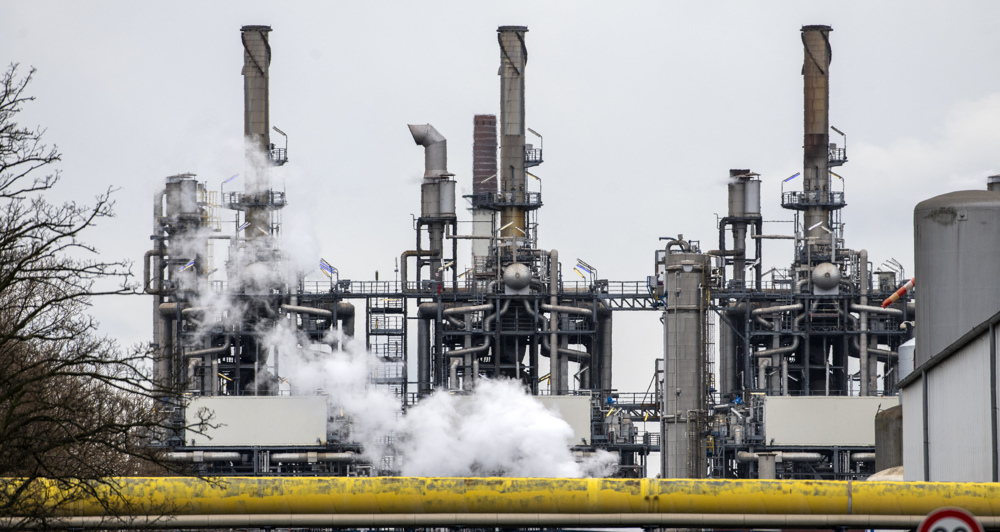
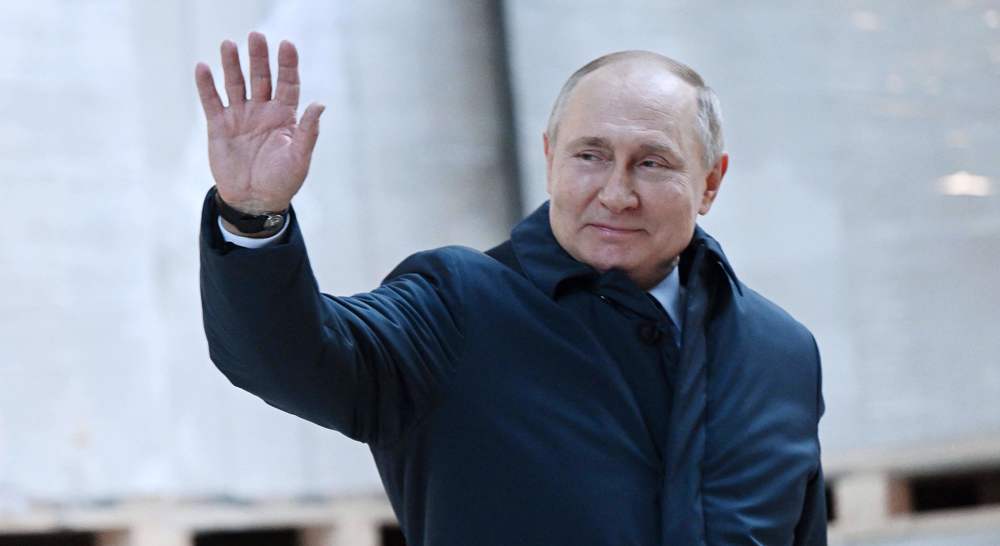

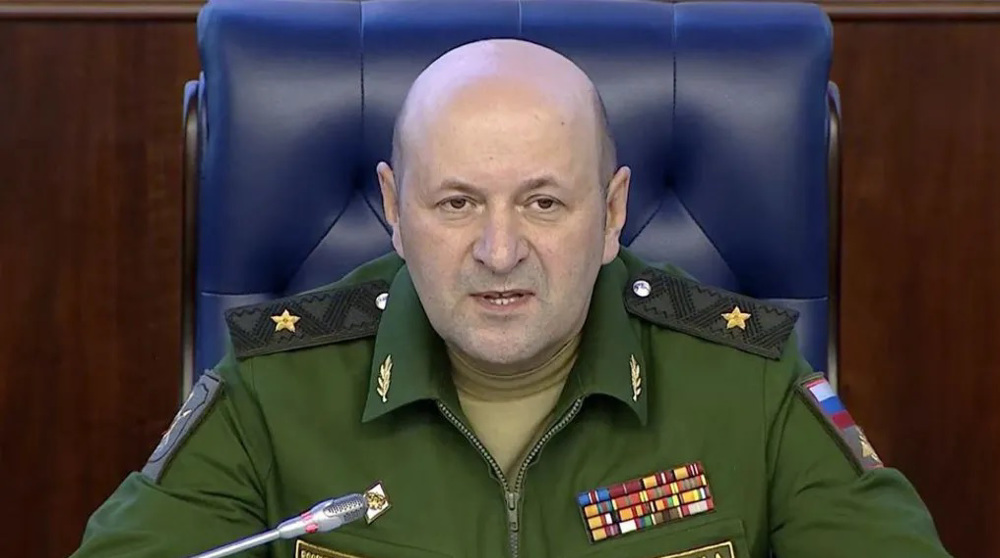




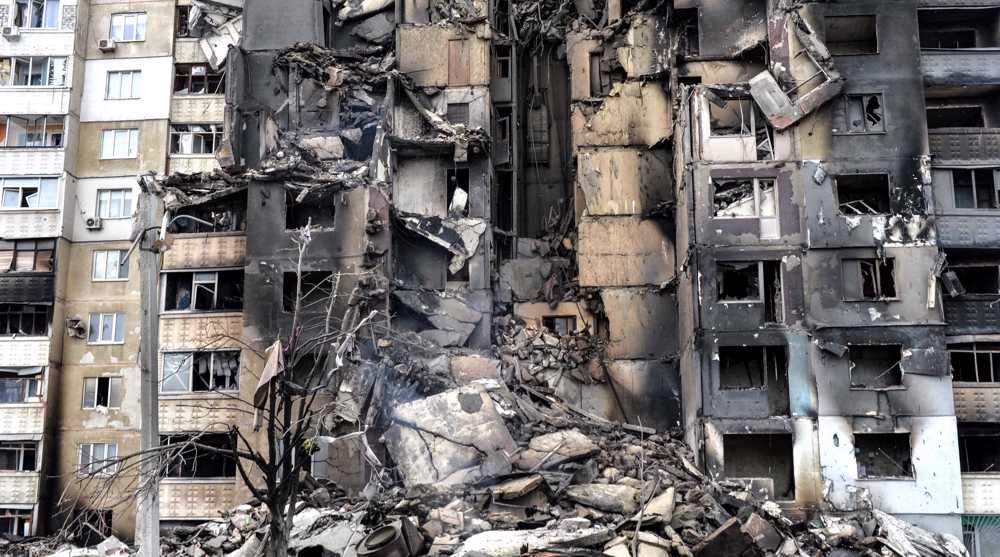
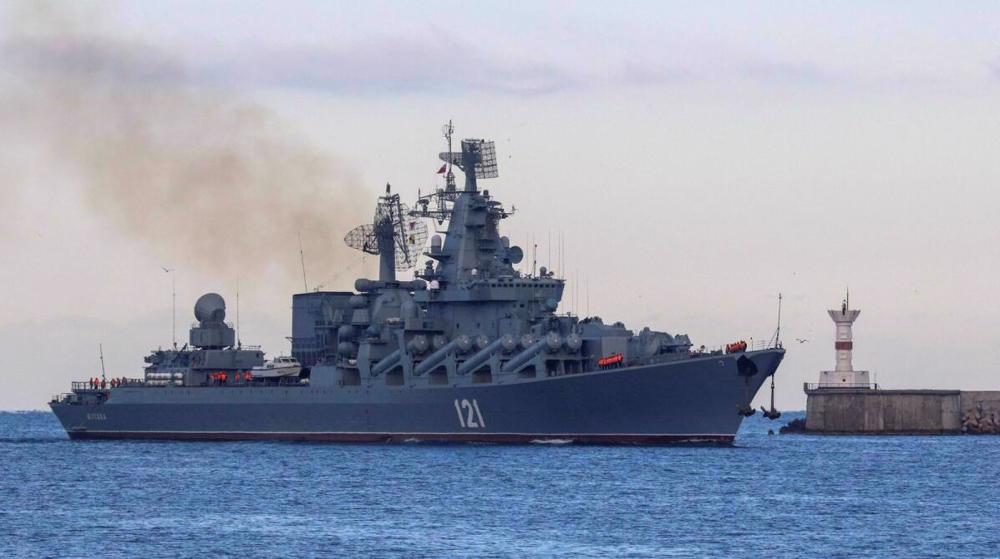

 This makes it easy to access the Press TV website
This makes it easy to access the Press TV website